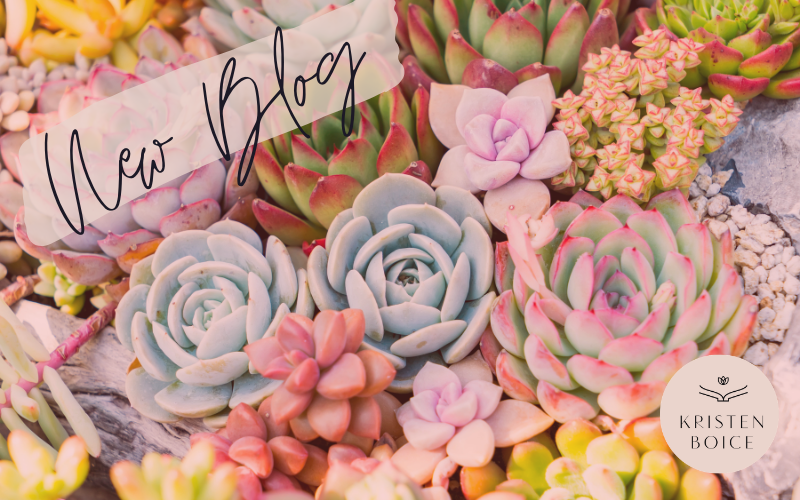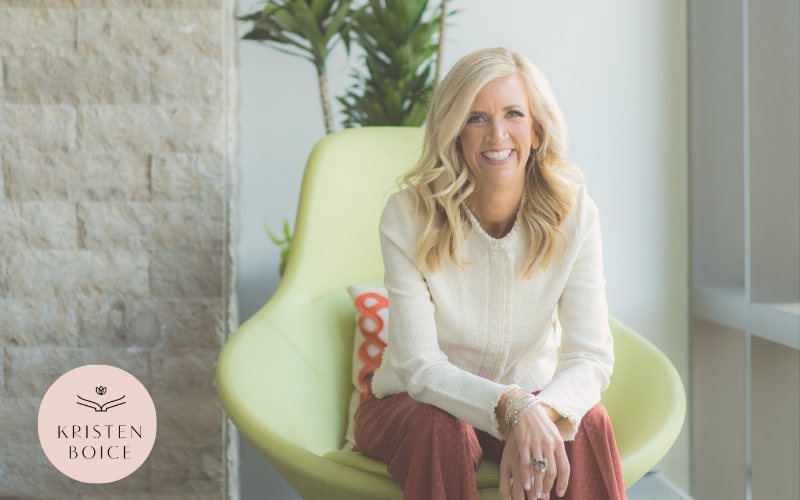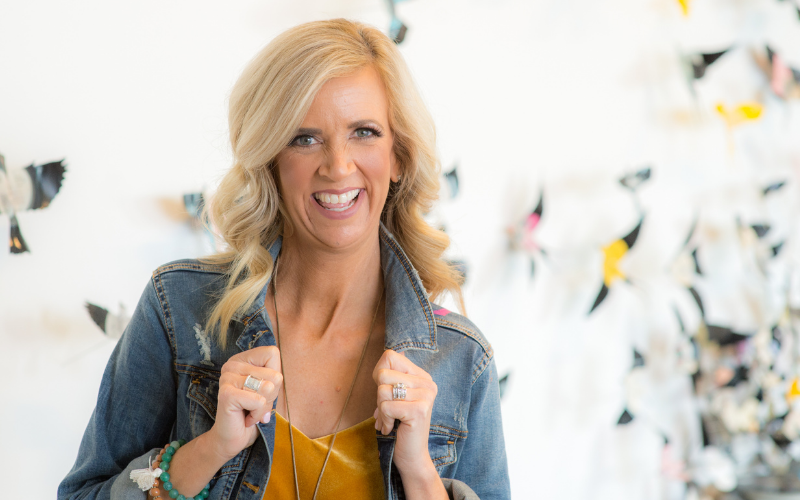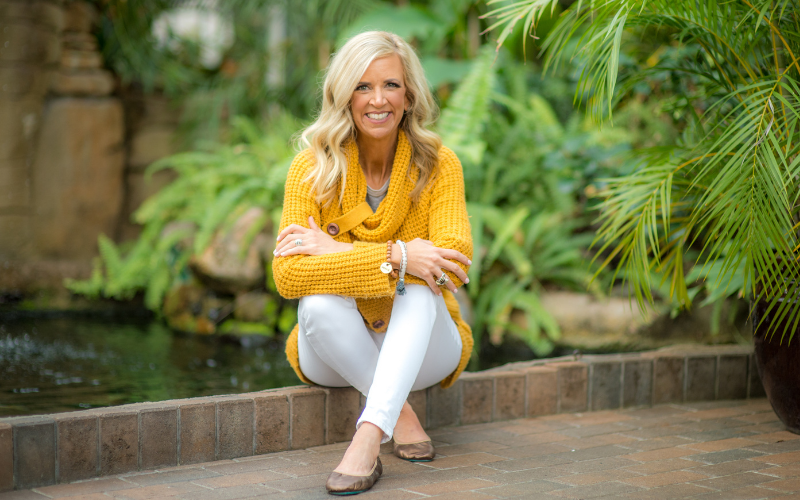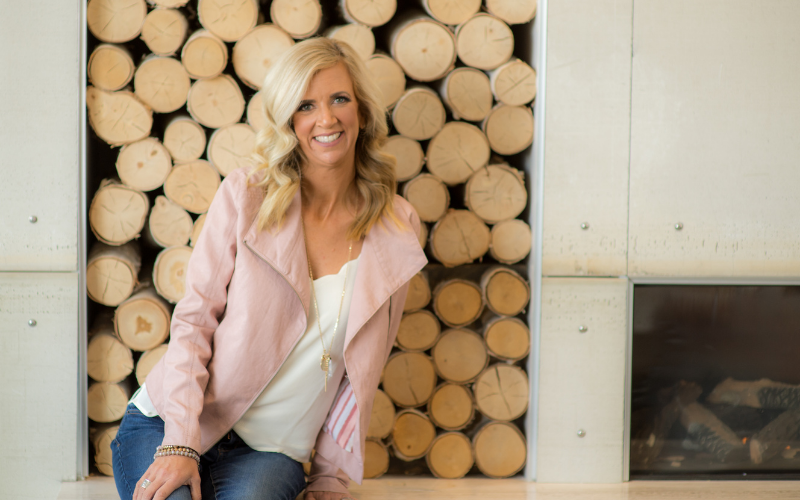What Are You Stuffing? | 6.29.2021
Do you communicate how you feel or what might be upsetting or bothering you? Or, do you keep it inside and stuff it until you blow up with anger, feel depressed or highly anxious? Are you the type of person that tries to let things roll off your back? Do you think to yourself, “Just get over it. The situation isn’t that bad. People don’t want to hear about my problems?” Maybe you think you are talking about how you feel yet when you stop and think about it, you really aren’t.
It’s extremely important to communicate how you feel to safe people. Why it is important? Because if we keep things bottled up inside, they manifest in other ways such as physical issues like high blood pressure, headaches or stomachaches. If we stuff our emotions and then blow up in a fit of rage, it often causes major issues in relationships. It may lead to ending a relationship causing major emotional pain and distress.
You may have learned a pattern at a very early in your childhood to not express your emotions because if you did, then there was a “price” to pay. Therefore, you learned to stuff how you felt about things. It is common to have developed this pattern growing up. If you want to change this pattern, it is completely possible to work through. It begins with a desire and willingness to look at you.
Below are a few suggestions to work on creating a healthy way of dealing with your emotions.
- Take a deep breath and notice what how your body feels. Our bodies store emotions. They tell us something is not in alignment. Notice where you hurt (e.g., headache, stomachache, back ache).
- Identify what you are feeling. Some people aren’t even sure how to know what they are feeling. Start with trying to identify the basic emotions such as happy, sad, mad and then branch out into guilty, shame, fear, etc.
- Communicate it. I recommend using this structure to get started. “I feel sad (or whatever feeling you are experiencing) when you (fill in the blank) because I need or want (communicate what you need).”
- Figure out your fear underneath your feelings. I believe we operate from a place of either fear or love. Try and identify what you are afraid of and communicate your fear. This can help make sense of what is really going on underneath your feelings.
You can break the cycle and change the pattern by looking within for the answers and then sharing how you feel with someone safe.
-Kristen D Boice M.A., LMFT, EMDR Trained
Do you want to join a community of souls wanting to grow, evolve, and on a healing journey?
I would love for you to join our free Close the Chapter Facebook community and check out my YouTube Channel where I post weekly videos with Mental Health Tips.

